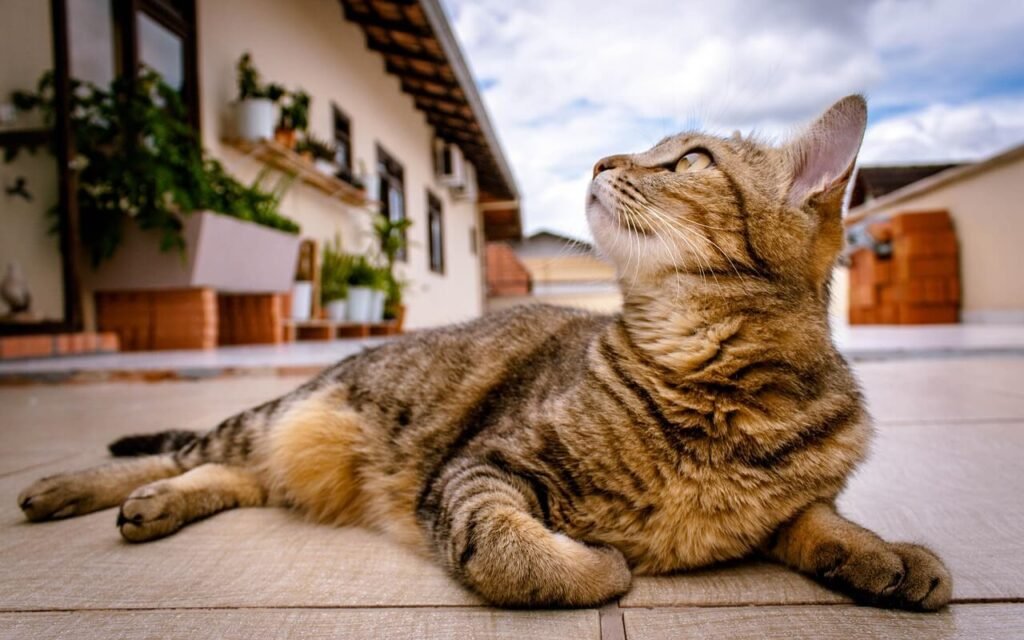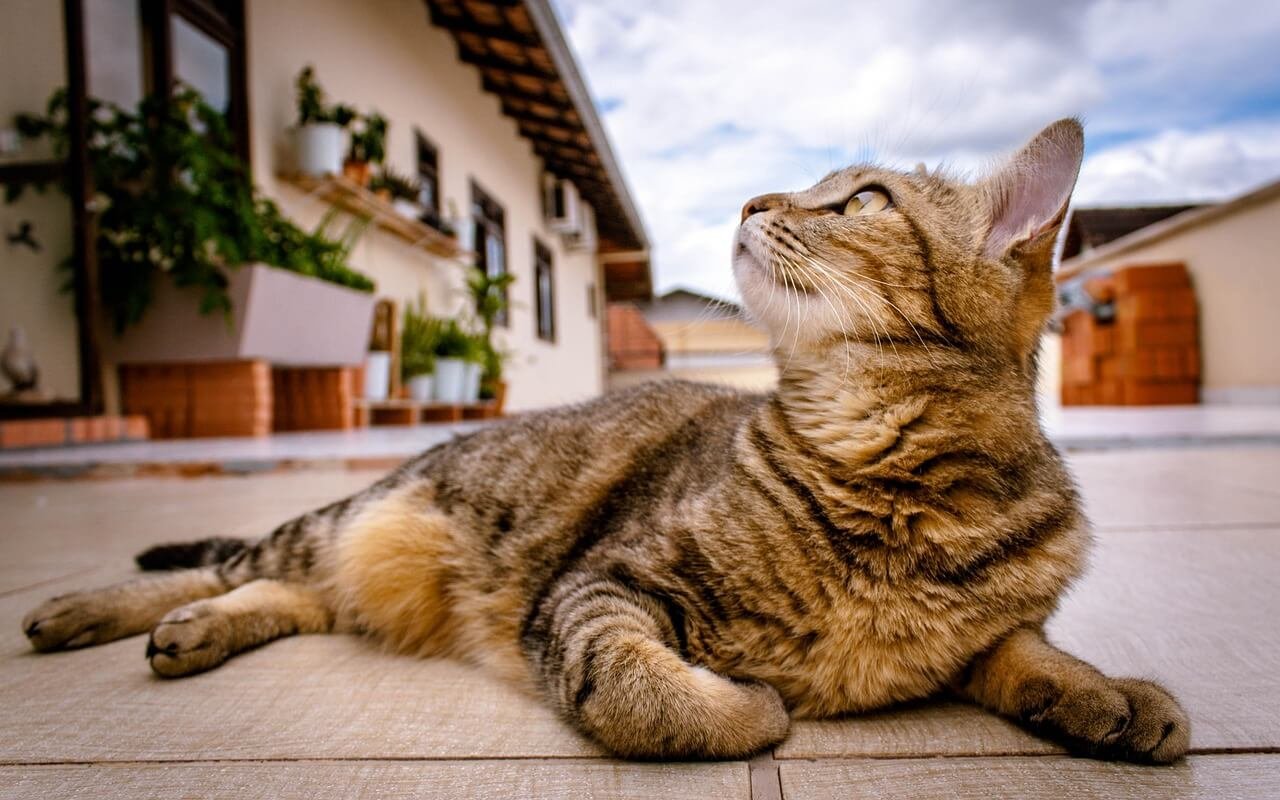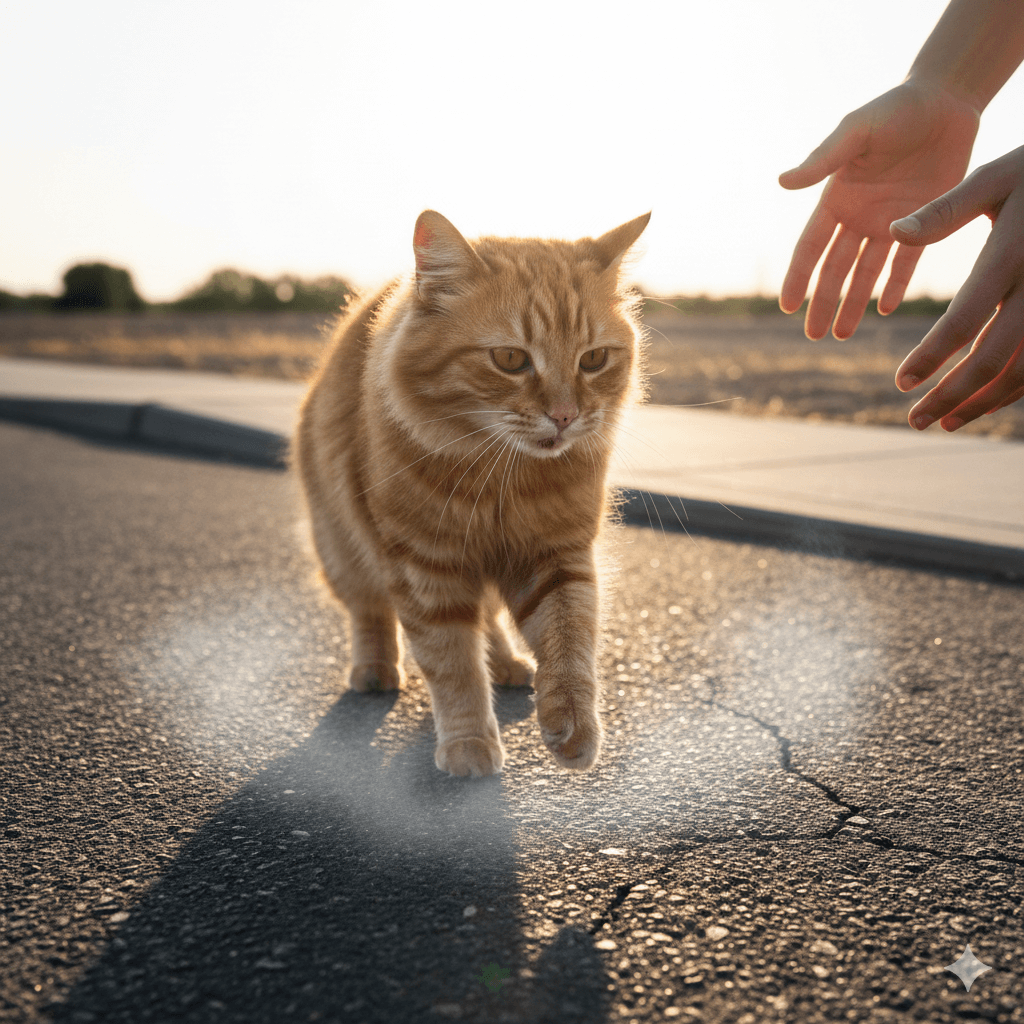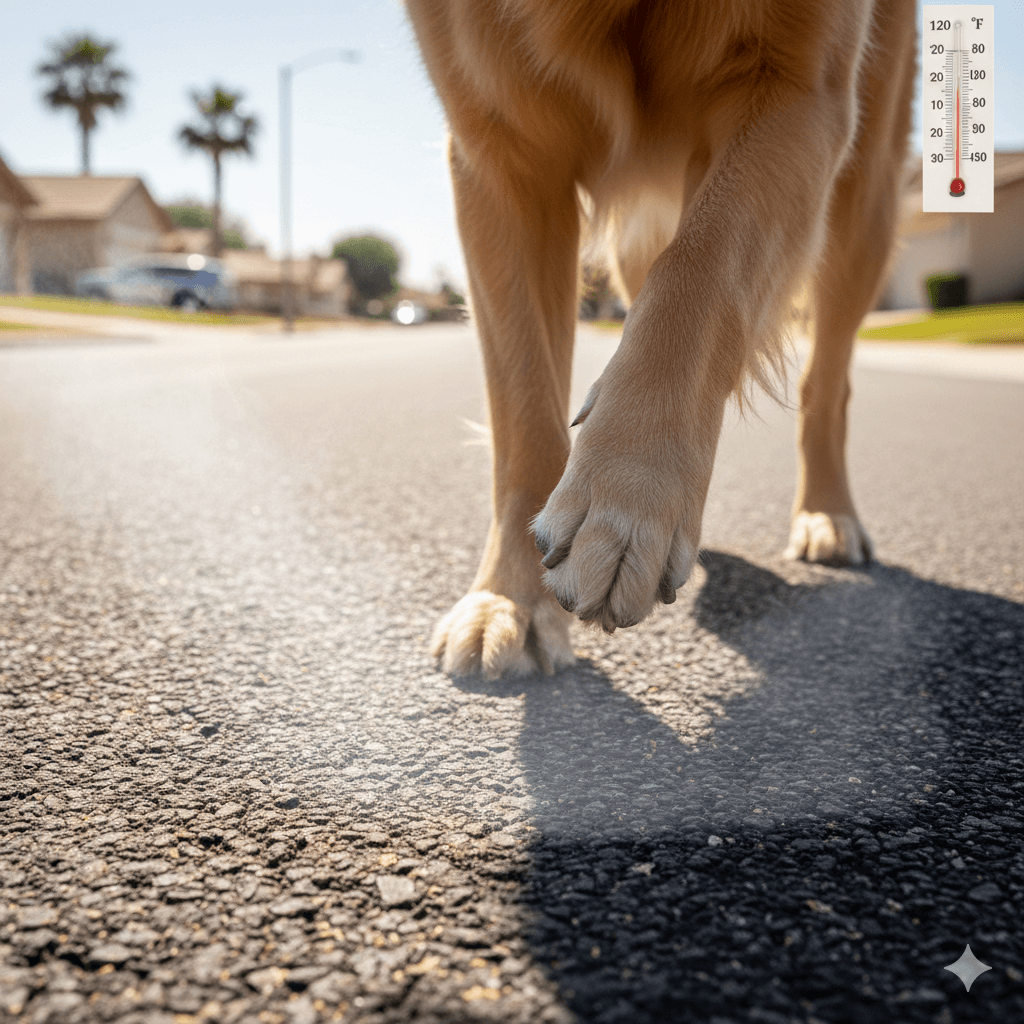Understanding Inflammatory Bowel Disease in Cats: What You Need to Know
Inflammatory bowel disease (IBD) is a common yet complex condition that affects many cats, particularly as they age. This chronic disorder occurs when the lining of the gastrointestinal tract becomes inflamed, disrupting normal digestion and nutrient absorption. While the exact cause of IBD in cats remains unclear, it can significantly impact their quality of life if left untreated. Symptoms like vomiting, diarrhea, and weight loss can be distressing for both cats and their owners. However, with proper diagnosis, treatment, and care, cats with IBD can lead happy, comfortable lives.
In this blog post, we’ll explore everything you need to know about inflammatory bowel disease in cats—from its causes and symptoms to management strategies and expert tips. Let’s dive in and empower ourselves with knowledge to support our feline companions.
Common Symptoms of Inflammatory Bowel Disease in Cats
Recognizing the signs of inflammatory bowel disease early is crucial for effective management. While symptoms can vary from cat to cat, there are some common indicators to watch for. Here’s what you should look out for:
Chronic Vomiting
Frequent vomiting, especially if it occurs more than once or twice a week, is a hallmark symptom of IBD.Diarrhea
Loose stools or changes in stool consistency may indicate inflammation in the intestines.Weight Loss
Unexplained weight loss despite a normal appetite is often a red flag for digestive issues.Decreased Appetite
Some cats with IBD may lose interest in food due to discomfort or nausea.Lethargy
A noticeable drop in energy levels or increased sleeping can signal that your cat isn’t feeling well.
If you notice any of these symptoms persisting over time, it’s important to consult your veterinarian. Early intervention can help manage IBD effectively and improve your cat’s quality of life.
Causes and Risk Factors of Inflammatory Bowel Disease in Cats
While the exact cause of inflammatory bowel disease in cats remains unknown, several factors are believed to contribute to its development. Understanding these potential triggers can help you take preventive measures. Here’s an overview of possible causes and risk factors:
Immune System Dysfunction
An abnormal immune response may cause the body to attack its own intestinal tissues, leading to inflammation.Dietary Sensitivities
Food allergies or intolerances to certain proteins or ingredients can trigger IBD in some cats.Genetic Predisposition
Certain breeds, such as Siamese cats, may have a higher risk of developing IBD.Bacterial Imbalance
An imbalance in gut bacteria can disrupt digestion and contribute to intestinal inflammation.Age and Chronic Stress
Older cats and those exposed to prolonged stress may be more susceptible to developing IBD.
While not all cases of IBD can be prevented, identifying and addressing these factors can help reduce the risk or severity of the condition. Always work closely with your vet to tailor a plan for your cat’s specific needs.
Check this guide 👉Understanding Heart Disease in Cats: Best 7 Health Tips!
Check this guide 👉Liver Disease in Cats: Best 7 Expert Tips!

Symptoms of IBD in Cats | Management Strategies |
|---|---|
Chronic vomiting | Feed small, frequent meals |
Diarrhea | Provide a hypoallergenic or novel diet |
Weight loss | Monitor weight regularly and adjust diet |
Decreased appetite | Offer highly palatable foods |
Lethargy | Minimize stress and provide a calm space |
Diagnostic Tests for Inflammatory Bowel Disease in Cats
Diagnosing inflammatory bowel disease in cats requires a thorough evaluation by your veterinarian. Several tests may be performed to rule out other conditions and confirm IBD. Here’s an overview of common diagnostic procedures:
Physical Examination
Your vet will assess your cat’s overall health, looking for signs like weight loss or abdominal pain.Blood Tests
Complete blood count (CBC) and serum chemistry panels help identify abnormalities, such as anemia or liver issues.Fecal Analysis
Examining stool samples rules out parasites or infections that could mimic IBD symptoms.Ultrasound Imaging
An abdominal ultrasound provides detailed images of the intestines and surrounding organs.Biopsy
A definitive diagnosis often requires a biopsy of the intestinal lining, which can be done via endoscopy or surgery.
These diagnostic tools ensure an accurate diagnosis, allowing your vet to create a tailored treatment plan. Remember, patience is key during this process—it’s worth taking the time to get answers.
Treatment Options for Managing IBD in Cats
There is no one-size-fits-all treatment for inflammatory bowel disease in cats, but several strategies can help manage the condition effectively. Here’s an overview of common approaches:
Dietary Changes
Switching to a hypoallergenic, novel protein, or hydrolyzed diet can reduce inflammation and improve digestion.Medications
Anti-inflammatory drugs like corticosteroids or immunosuppressants may be prescribed to control symptoms.Probiotics
Supplementing with probiotics can restore healthy gut bacteria and support digestive health.Hydration Support
Ensuring your cat stays hydrated is essential, especially if diarrhea or vomiting persists.Regular Monitoring
Frequent vet check-ups allow for adjustments to the treatment plan based on your cat’s progress.
By combining these approaches, you can create a comprehensive care plan that addresses your cat’s unique needs. Consistency and follow-through are key to managing IBD successfully.
Tips for Reducing Stress in Cats with IBD
Stress can worsen symptoms of inflammatory bowel disease in cats, so creating a calm environment is essential. Here are some practical tips to help minimize stress and support your cat’s recovery:
Establish a Routine
Cats thrive on predictability, so maintaining consistent feeding, play, and rest times can reduce anxiety.Provide Safe Spaces
Designate quiet areas where your cat can retreat to feel secure and relaxed.Use Calming Products
Consider using pheromone diffusers or sprays, like Feliway, to create a soothing atmosphere.Limit Loud Noises
Keep noise levels low and avoid sudden disruptions that could startle your cat.Engage in Gentle Play
Interactive toys or soft play sessions can distract your cat from discomfort and elevate their mood.
By reducing stressors in your cat’s environment, you can help them feel more at ease and improve their overall well-being. A happy cat is better equipped to manage chronic conditions like IBD.
Fun Facts About Gut Health in Cats
The digestive system plays a vital role in a cat’s overall health, and understanding its intricacies can deepen your appreciation for managing conditions like IBD. Here are some fascinating facts about gut health in cats:
Gut Microbiome Diversity
A healthy cat’s gut contains trillions of bacteria that aid digestion and support the immune system.Diet Shapes Gut Health
The food your cat eats directly influences the balance of beneficial and harmful bacteria in their gut.Stress Alters Gut Function
Stress can disrupt the gut-brain axis, leading to digestive issues or worsening symptoms of IBD.Hydration is Key
Proper hydration supports the mucosal lining of the intestines, helping prevent irritation and inflammation.Fasting Can Reset Digestion
Short-term fasting under veterinary guidance may give the gut time to heal during flare-ups.
These fun facts highlight the importance of gut health in managing IBD and maintaining your cat’s overall wellness. Supporting their digestive system is a step toward long-term health.
Signs That Your Cat’s IBD Treatment Is Working
When managing inflammatory bowel disease, it’s important to monitor your cat’s progress to ensure the treatment plan is effective. Here are some positive signs that indicate your efforts are paying off:
Improved Appetite
If your cat starts eating more enthusiastically, it’s a good sign that their digestive discomfort is easing.Fewer Episodes of Vomiting or Diarrhea
A noticeable reduction in these symptoms suggests the inflammation is under control.Weight Gain or Stabilization
Gaining back lost weight or maintaining a stable weight reflects better nutrient absorption.Increased Energy Levels
More playful behavior or higher activity levels indicate improved overall health.Shinier Coat
A healthier coat often correlates with better digestion and nutrient intake.
These signs of improvement are encouraging and show that your care routine is making a difference. Continue to work closely with your vet to fine-tune the treatment plan as needed.
Frequently Asked Questions About Inflammatory Bowel Disease in Cats
Is inflammatory bowel disease curable in cats?
Unfortunately, IBD is not curable, but it can be managed effectively with dietary changes, medications, and regular monitoring.
Can IBD lead to other health problems in cats?
Yes, untreated IBD can increase the risk of complications like malnutrition, dehydration, or even intestinal cancer.
How long does it take to see improvement with treatment?
Improvement varies by cat, but many show signs of progress within a few weeks of starting treatment.
Are certain diets better for cats with IBD?
Hypoallergenic, novel protein, or hydrolyzed diets are often recommended to reduce inflammation and alleviate symptoms.
Can stress worsen IBD in cats?
Yes, stress can exacerbate symptoms, so providing a calm, stable environment is important for managing the condition.
Supporting Your Cat Through Inflammatory Bowel Disease
Living with a cat diagnosed with inflammatory bowel disease can be challenging, but with the right care and commitment, your feline friend can enjoy a happy and fulfilling life. By understanding the symptoms, causes, and treatment options for IBD, you’re taking an active role in your cat’s well-being. Remember, every cat is unique, so working closely with your veterinarian to tailor a plan is essential. With patience, love, and consistent management, you can help your cat thrive despite their condition. Together, let’s ensure our furry companions feel loved, supported, and cared for—no matter the challenges they face.
Newfoundland Dog Personality: Best 7 Expert Tips! – Discover the gentle, loyal, and protective nature of this giant breed perfect for families.
Can Hot Pavement Burn Your Cats Paws? Best 7 Expert Tips! – Learn how to protect your cat’s paws from hot surfaces and prevent painful burns this summer.
Can Hot Pavement Burn Your Dogs Paws? Best 7 Expert Tips! – Learn how to protect your dog’s paws from hot surfaces and ensure safe summer walks.
Irish Wolfhound Size: Best 7 Expert Tips! – Discover the ideal height, weight, and care tips for this majestic giant breed. Learn how to manage their impressive stature responsibly.





